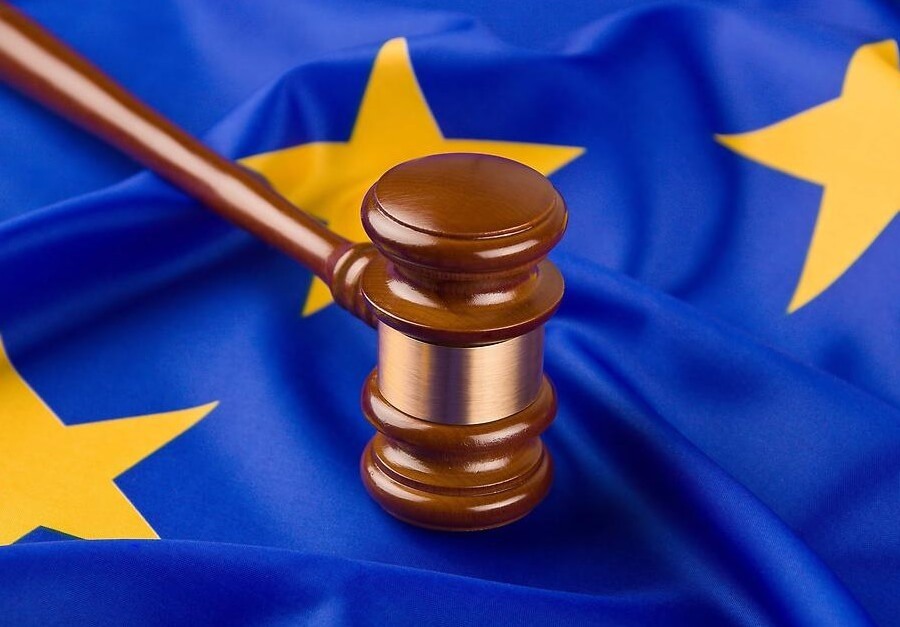Deletion of data from INTERPOL database
Have you or your relative been falsely accused in a fabricated case by publishing an INTERPOL Red Card or diffusion? Do not lose your spirit, start fighting for your rights and freedoms!
For over 10 years, the lawyers of Legal Status International Collegium have specialized in deleting data from the INTERPOL search database and have helped in returning to normal life many of those who were accused wrongly, falsely, or politically motivated.
Our INTERPOL data removal service includes:
- Consultation
After receiving the request and a brief description of the situation, our experts will tell you about the documents required for the request, the deadlines, the procedure and other details. - Analysing the materials
This service is possible either as part of the preparation of a removal request or as a separate one. As a result of this analysis, you will have an understanding of the possible arguments and chances of having your data removed from the databases. The inadmissibility of INTERPOL's processing of your Red Notice or disclosure of your personal data can be recognised on the basis of various arguments, see the section ‘Grounds for removal’ for more information. - Preparation of the request
We build a full set of arguments for deletion, taking into account both the Commission's current practice and providing scope for further strengthening of the case should a review be necessary. The process of appealing an international search through Lyon is not only much different from proving innocence in domestic courts or filing complaints in international courts but it is also equally complex. In order for the Commission to understand the situation and make a positive decision, the request must be short yet compelling. Therefore, Legal Status has at least two highly qualified lawyers working on each enquiry. The average processing time for the request, including all amendments and annexes, takes about 3-5 weeks and is prepared directly in English. - Preparation of the relevant annexes
From your case materials and open sources we will select those documents that most convincingly confirm the facts of violations and abuse in the criminal investigation development. In this process, only the really necessary is used, large annexes are reduced to the necessary fragments. - Text approval
You will be able to fully familiarise yourself with the text of the request before sending it. You will have an opportunity to ask questions on all unclear points and make suggestions. We will add any relevant corrections we can find with your help. - Translation of annexes
The Commission only accepts applications in English, French, Spanish and Arabic. For texts in other languages, we do not do the translations ourselves, but give them to trusted legal translators who ensure high translation accuracy, minimum turnaround times and 100 percent confidentiality. This is a separate service and its cost is shown in the Fees section. You can also provide us with your own translations (for example, if they have been already done previously). - Finalisation
After the text of the request has been finalized, the final version is always additionally checked by a proof-reader of legal documents at Legal Status, making it possible to correct any remaining mistakes. - Submitting a request to the Commission – we send a formal request to the Commission to have your details removed from the INTERPOL database electronically, plus the original of your signed power of attorney sent by post or delivery service.
- Support of clients – the entire procedure for reviewing appeals under the regulations takes about a year, but the time frame may still increase in particularly difficult cases. We will communicate with the Commission at all times and will remain in contact with you until we receive the Commission's decision on the merits of the application, explaining developments as the Commission's response is received or any new circumstances arise. All responses and other important information we receive will be sent to you promptly.
Given the sensitive nature of the cases that the Legal Status team faces, as well as our excellent reputation for representing our clients before INTERPOL, you can be firmly assured of the complete confidentiality and security of all the information you provide.
Legal Status lawyers will take on the complexity of the procedure so that you can avoid problems associated with unlawful international search regardless of your current location and regain your peace of mind and freedom of movement. We take into account wanted persons' oftentimes lack of knowledge of INTERPOL's working languages, local and international laws, difficulties in obtaining documents supporting the case, so we support our clients along the entire path.
Review procedure, arguments and success rate
Data deletion requests are considered at the sessions of the Commission for Control of INTERPOL Files (CCF), which take place 4 times a year. The success rate of deletions can vary significantly from session to session (our best result from a session is 100% positive decisions, the worst is 50%). It is worth noting that there are many influencing factors and the Commission may make different judgements on the same set of arguments in different cases. Therefore, it is usually difficult to assess the chances of success of a particular removal without first seriously analysing the situation.
It should be noted that INTERPOL does not evaluate evidence of innocence and procedural irregularities, does not check whether the case was initiated illegally or, for example, as a blackmail measure. From INTERPOL’s position, all of these issues should be sued in the country that initiated the criminal proceedings (this view, of course, does not consider that a fair trial in a fabricated case is impossible). Instead, the Commission draws attention to contradictions between the facts and conclusions established by the investigation, the context, any third party judgements and all other factors that potentially confirm a breach of the INTERPOL Statute and its Data Processing Rules. Records may be deleted, but to do so, all priorities must be correctly set so that the applicant's legal position is as concrete as possible and is stronger than the case of the national office.
Frauds with the law on the part of the investigation are in practice most common in cases related to economic, financial and corruption spheres (articles: fraud, embezzlement, bribery), but can occur in almost any type of crime (from light offences to particularly serious articles such as murder). In the practice section, you can read descriptions of our successful removal cases in various criminal cases to get a more realistic picture of both the potential challenges and opportunities available.
For the cost of our services and payment options, please see our Fees section.
The red notice was removed, what’s next?
Once the Red Notice or Diffusion is gone, it does not imply full recovery. Clearly there will be no termination of the case in the initiating country and the arrest warrant is going to remain effective. However, it does remove the risks almost entirely, as the commission's decision is essentially unappealable and cannot be overturned. If the NCB (National Central Bureau) of the initiating country tries to return the search without new grounds, it is considered abuse, and the withdrawal of information knowingly violating INTERPOL norms is automatic.
Of course, at the same time, it is impossible to completely exclude the appearance of a new notification in another case, or after a verdict in absentia.However, in practice, this almost never happens and a second challenge of the criminal investigation search for the same person is extremely rare. Hundreds of our clients openly live and travel both in the countries of the European Union and almost all over the world without serious fears and without having to seek fair legal treatment at every border.
You can read our full guide detailing all the risks and possible solutions associated with INTERPOL databases, or consult one of our experts to clearly understand the options available in your particular case and the best strategy for your defence.
Other services related to requests to the Commission:
Checking for wanted status – Fears are not always justified and if you are not completely sure about the existence of the Red Notice, we can help you find out exactly whether your data is already in the INTERPOL Information System before moving on to complex services. Read more about accessing your data.
Pre-emptive request – If there is a risk of a criminal case followed by an international search, it is better not to wait for your personal information to appear in INTERPOL databases, but to be proactive and contact INTERPOL first. This will help to temporarily block the data and avoid many complications (the block is maintained for the duration of the Commission's review of the case, which on average lasts about a year). An additional advantage of such a request is that the tracing country has virtually no mechanism to challenge the provisional measures imposed by the General Secretariat; they can only be cancelled once the Commission has decided that the data comply with all the rules. Read more about preventive measures.
Request for reconsideration- if you have received a refusal from the Commission to delete the data, it does not mean that you have been found guilty. INTERPOL does not have the power to consider the merits of a case, so a negative decision does not mean that a person has been found guilty. Although there is no possibility of appeal or appeal, it is possible to remedy the situation by trying to delete the data again through a retrial. Fighting for your rights in this case will be many times more difficult than in the main attempt, but it is also quite possible. Read more about the requirements.





